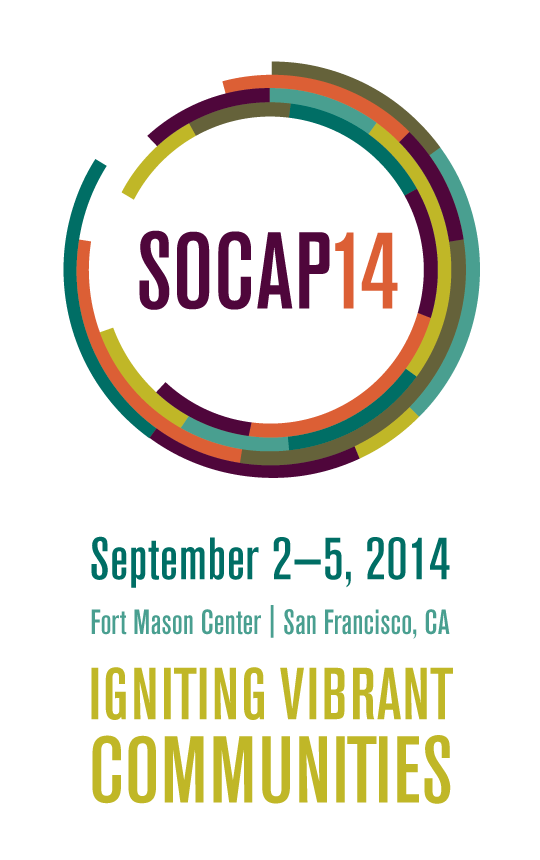By: Joanne Sprague
Organization: Friendfactor | @Friendfactor
What if every person woke up each morning with the goal of making the world a better place for people who are not like them?
Social identity theory tells us that people naturally organize into in-groups and out-groups based on our similarities – race, class, interest, etc – and that we are only capable of truly relating to and empathizing with people who are like us. We see this play out throughout our lives, as we develop bonds with people who share our interests and hire employees based on referral networks and “behavioral fit”.
But we’re also capable of transcending differences: we’re taught to walk a mile in someone else’s shoes, to observe the Golden Rule, and to value diversity.
Friendfactor is a mission-driven startup that is committed to creating a world where these values don’t fade away as we leave childhood, but rather are strengthened throughout our adult lives and careers. We focus our work on defining and activating the practice of allyship: taking action to enhance the equality and inclusion of others, regardless of personal identity. In our view, there are 4 components to allyship:
- Informed: Becoming and staying up to date on the lived experiences of people who are different from us (for example, the subtle stereotypes made about other racial groups) • Visible: Providing visual cues that we are supportive of others (for example, displaying an LGBT safe space sticker in one’s office)
- Vocal: Speaking up when we hear hurtful language and starting a dialogue to address existing perceptions (say, posing a question about why there are so few women executives at one’s company)
- Active: Showing up and taking part in events and campaigns to raise awareness and address inequality (say, a Pride parade or panel discussion on disability)
Each of these actions can be challenging, and all of them are continuous. To build a stronger model of how to activate well-meaning people to take action as allies, Friendfactor started with one issue area – LGBT equality – and went into the communities in which we find ourselves every day: our workplaces and schools. We launched friendly competitions, or “Ally Challenges”, that challenge companies and schools to engage as many people as possible to stand up and speak out in favor of LGBT inclusion. Twelve top business schools and eight Fortune 500 companies have stepped up to the challenge so far, and we’ve been pretty impressed by their results.
We’ve found that when allyship is embodied by a critical mass of a community – up to 67% of the student body, in the top grad schools – there is a distinct, measurable effect on the culture of that community. It is no longer up to the LGBT students alone to advocate for a more inclusive campus environment, and students become more conscious of their socially constructed biases. The entire campus becomes a “safe space”, and on average, almost 50% more LGBT students feel comfortable enough to be “out” to everyone on campus.
It’s also good for business: more inclusive campus and workplace communities mean better talent, more engaged people, higher retention and more committed alumni.
When every person is knowledgeable and active in creating a better world for the people around them, and people are able to be their full selves as a result, that’s when we know we’ve built a vibrant community.
